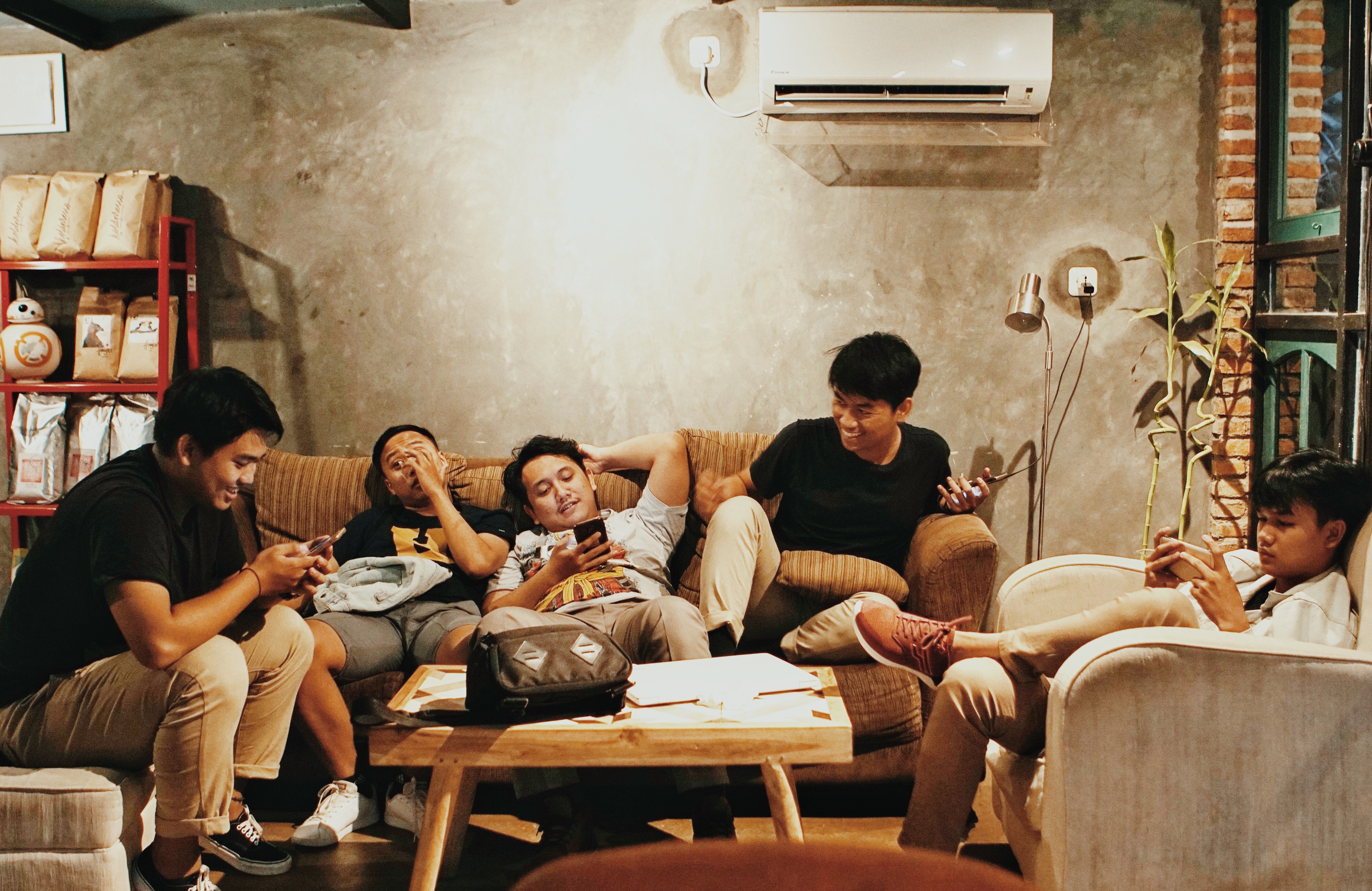Digital Nutrition and #VirtualVitamins: Helping you Rethink Screen Time

Food, glorious food! It’s something all humans need (and love) – and over the last generation much has gone into examining how we can improve our overall diet to amplify our health and wellbeing.
For the last decade or so, I have been using the analogy with food to consider the parallels with screen-based media use and the impact of digital device use and consumption of online activities on our collective wellbeing. My approach is called Digital Nutrition, and it’s a philosophy for framing our digital diets in a positive and empowered way (without the guilt and shame that often comes with this topic!).
Digital Nutrition is not just for kids! What I have noticed in the last 3 years is how the conversation has shifted from a focus on just young people’s digital saturation and overwhelm, to adults’ own burnout and digital fatigue.
The food we choose to purchase, our access to quality food products, as well as our relationship to and rituals around meals are a centrepiece of our lives and lifestyles. From how we go about hunting and gathering (or simply shopping for!) our modern food sources, to how we present, share and enjoy food – we all have an important relationship with our sources of fuel.
Similarly, our relationship with digital devices and our patterns of content consumption across online platforms have many commonalities with food that we can explore to support a more nuanced and meaningful way of considering our digital lifestyles. At this point internet technologies are deeply embedded in our lives, and only going to become more so as we head in to web3.0 and more immersive and extended ‘realities’. Consciously taking control to decide where they sit within our homes and our families is now a crucial domain of wellbeing.
The word diet comes from various ancient words relating to a way of life, a prescribed allowance or a routine. It’s this sense of the word that I apply to thinking about our digital habits – what sustains us and how we can create a system that supports us to be well, while remaining connected.
It was only in the mid 20th century that dieting became about slimming, restriction and ridiculous fads. It was the notion of digital detoxing that was the genesis of Digital Nutrition in 2013. The notion that tech was toxic and required our severance from sat uncomfortably with me as it played into harmful and unhelpful aspect of dieting-culture.
Beyond the fact that juice cleanses and fad diets don’t work sustainably, detoxing seemed like a very drastic and ultimately futile measure to take, rather than formulating a plan that suited your online preferences and interests.
Recent research also shows that digital detoxes often don’t work to create long term habit change with devices – so what should we do to get our digital diet on track? Here are some suggestions:
We don’t have ‘food time’, consider #VirtualVitamins
Much of the conversation about screen use has focused on time spent online, and while this is one metric that can be monitored easily it doesn’t tell the full story when it comes to monitoring potential impacts of our digital consumption.
We don’t (most likely!) sit down to the dinner table and measure our ‘food time’ – we consider what’s on the plate and eat a combination of key macro and micronutrients. Similarly, when we spend time online we want to consider the blend of skills and competences, values and traits, emotions and information engaged in during this time.
Measuring time online is like counting digital calories without paying attention to the #VirtualVitamins. I have previously suggested a range of these (from Vitamin C for creativity to Dopamine as a form of added sugar) and in my student sessions we create nutritional labels for apps and games that seek to unpack some of the vitamins, additives and preservative contained in device, app and game design.
That said, time is an unrenewable resource, and we all get the same amount of it (though different resources to manage ours with), so being present to how we spend it and asking ourselves ‘what deserves our time?’ can really help reframe our choices.
Notice when you are digitally full or if you are emotional scrolling!
A key principle within intuitive eating is noticing and listening to satiety signals – cues from your body when you’re full. Being present to your feelings before and during time spent online can help you be more mindful with your consumption, and ensure it aligns to your values. This tool will help you rate your mental hunger scale to attune to what you’re seeking online and if its ultimately beneficial or depleting to your energy.
Often, we get into mindless scrolling loops to avoid dealing with some of what’s happening internally (stress and discomfort of modern life) – and at times might even get caught up in doom scrolling news. By being more aware of the purpose and meaning attached to why you are online and what you are seeking from your devices, you can help curtail screen use that can end in regret.
Deploying micro habits that remind you to snack and pause, not binge in a frenzy, can support a more well-adjusted and assured relationship with your online world. This can include creating (and most importantly observing) time limits that can be set within most apps and games and even the devices themselves – to serve as a reminder to check in and reframe where you want to place your attention.
Avoiding ‘infobesity’ and (way) too much information
Our brains are relatively old operating systems for processing information, yet we are consuming an enormous volume of information (of varying quality) on a daily basis, in a way that no other generation of humans have previously.
Our cyber-saturated activities from playing complex and immersive games, to scrolling memes or reading online news all come with demands on our cognitions. We have to strategize and co-ordinate actions, decode and comprehend text and images, to sense fake news or scams, all as part of navigating online content. We also attempt to keep up with hundreds if not thousands of people using dozens of communication and messaging channels. These activities require mental resources and processing power which wanes across the day, replenishing mostly at night when we sleep.
The drain on our mental resources, coupled with the complexity of the information, the number of connections to keep up with and our decreasing overall sleep time is damaging combination that is impacting our wellbeing. The antidote here is to give our brains a break and get reacquainted with doing less or at least get out of human doing mode and back in to ‘human being’ mode. Simply deleting ‘information heavy’ apps or curating who you follow on social media are key to reducing the quantity and improving the quality of data your brain is processing. Taking brain breaks, by taking short walks or short bursts of exercise, closing your eyes and taking deep breaths for 30 seconds, or shifting to analog activities all support resetting cognitive load and nudging you towards being just that bit more kind to your mind.

 Jocelyn Brewer
Jocelyn Brewer